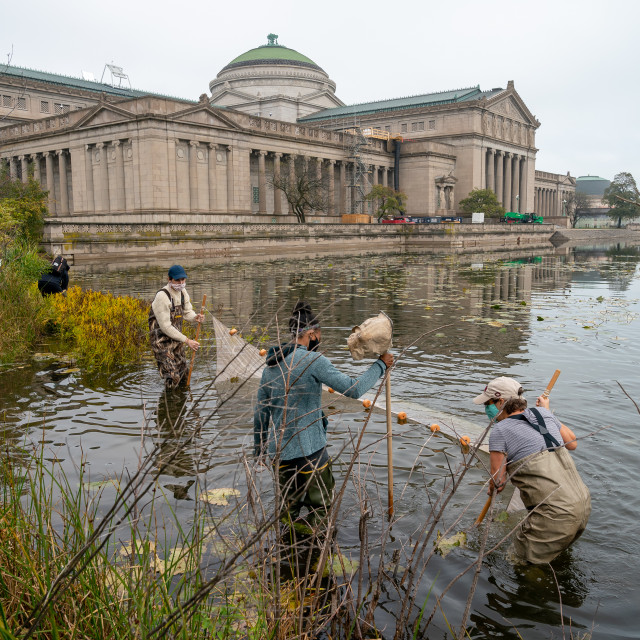
The Core
Biological Sciences
Students majoring in fields in the Biological Sciences fulfill their Core requirement through their major coursework.
How do biologists investigate questions about our natural world, and how do they address the Grand Challenges in biology and their profound impacts on society? These are the central questions motivating the general education program in biology. Through this program, all students develop a foundation of biological knowledge necessary to engage in conversations about contemporary biological issues. They also explore how biologists produce new knowledge, and they acquire skills to evaluate biological evidence and make evidence-based decisions on biological issues that affect society.
Students majoring in Biological Sciences, Neuroscience, and certain other STEM fields and/or taking courses to meet pre-health requirements fulfill their biology general education requirement through their respective fundamentals or pre-health biology course sequences.
All other students satisfy the biology general education requirement by taking two nonmajor-directed biology courses: a laboratory-based introductory biology course and a ‘topics’ course focused on a subfield of biology. Throughout the academic year, multiple sections of the introductory biology course are offered; each section examines biological principles and research methods from a different focus, such as ecology and evolution, infectious disease and microbiology, computational biology, organismal development and aging, or neurobiology. To gain hands-on experience in the scientific process, students can choose from a course model that offers a series of laboratory modules to introduce modern research methods or they can select an inquiry-based course model in which students conduct their own research projects to experience how biologists frame questions and test hypotheses. After completing the introductory biology lab course, students choose from a large menu of topics courses which allow them to explore a specific area of biology more deeply. Offering these different course options ensures that all students, regardless of background, can experience biology in new ways and learn about biology topics and approaches that are of interest to them.